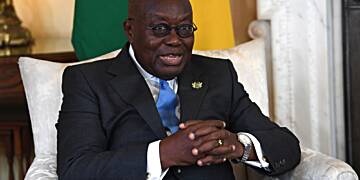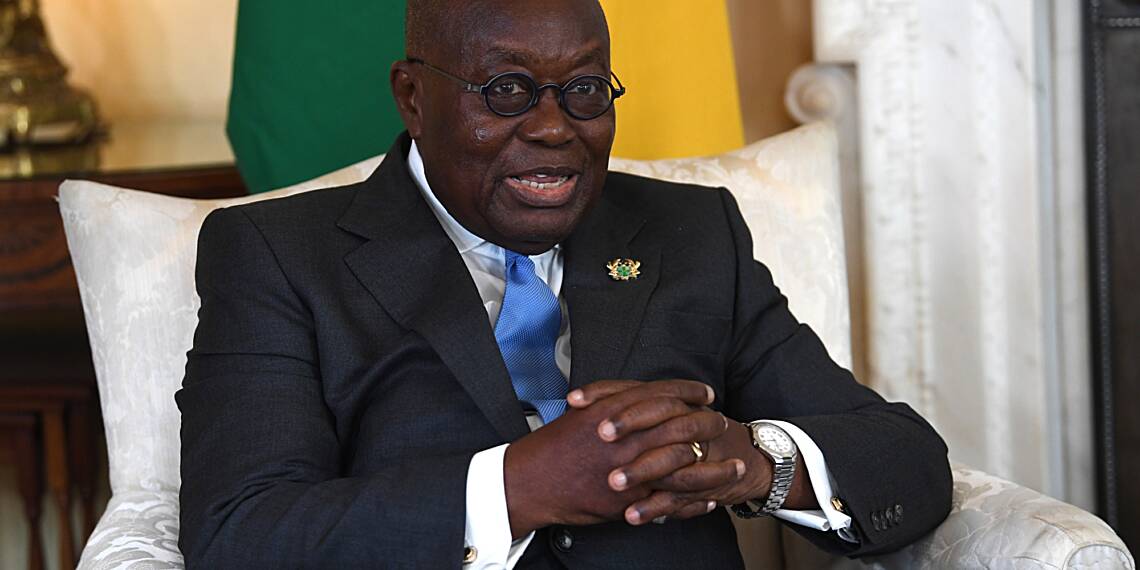In a pivotal step toward securing its next tranche of funding from the International Monetary Fund (IMF), Ghana’s official creditors are set to gather on Monday, January 8, for crucial discussions on the restructuring of approximately $5.4 billion in loans.
The meeting, which involves bilateral lenders such as the governments of China and France co-chairing the Official Creditor Committee (OCC), holds significant weight, constituting around a quarter of Ghana’s $20 billion external debt earmarked for restructuring.
Reuters have revealed that the primary focus of the meeting is expected to center on reaching an agreement on a “cut-off date.” This date signifies the point after which new loans from bilateral creditors will not be subject to restructuring. However, defining this date has proven to be a challenging hurdle in Ghana’s debt rework.
Conflicting preferences among creditors have emerged, with some advocating for a cut-off date of December 31, 2022, linked to Ghana’s default earlier that month.
Conversely, others argue for March 24, 2020, as it marks the initiation of the Group of 20’s debt service suspension initiative (DSSI) to assist the world’s poorest countries in mitigating the impacts of the COVID crisis. Notably, Ghana did not participate in the DSSI.
In anticipation of the OCC meeting on January 8, the Paris Club of major creditor nations, excluding China, is slated to convene on Friday. The club has reportedly shared a technical note on Ghana with other bilateral creditors and multilateral lenders, proposing December 2022 as the cut-off date.
However, sources indicate that an agreement on the cut-off date remains elusive, emphasizing its critical role in paving the way for a broader consensus on debt restructuring.
The spokesperson for the Paris Club declined to comment on upcoming meetings, and Ghana’s finance ministry did not respond immediately to requests for comments.
Ghana must navigate through these debt restructuring talks to secure the IMF executive board’s approval for the next $600 million payout from a $3 billion rescue loan.
This approval is contingent on financing assurances, affirming that bilateral creditors are actively participating in debt relief as outlined in the IMF program.
Having requested bilateral debt restructuring under the Common Framework a year ago, established during the COVID-19 pandemic by the G20 leading economies, Ghana is concurrently engaged in talks with overseas bondholders to restructure its international debt exceeding $13 billion.
Major global asset managers such as BlackRock, PIMCO, Vontobel, AllianceBernstein, and Neuberger Berman are among the bondholders involved in these negotiations.
The outcome of these discussions holds significant implications for Ghana’s economic recovery, given the deep economic crisis characterized by escalating inflation and surging government debt servicing costs.




















